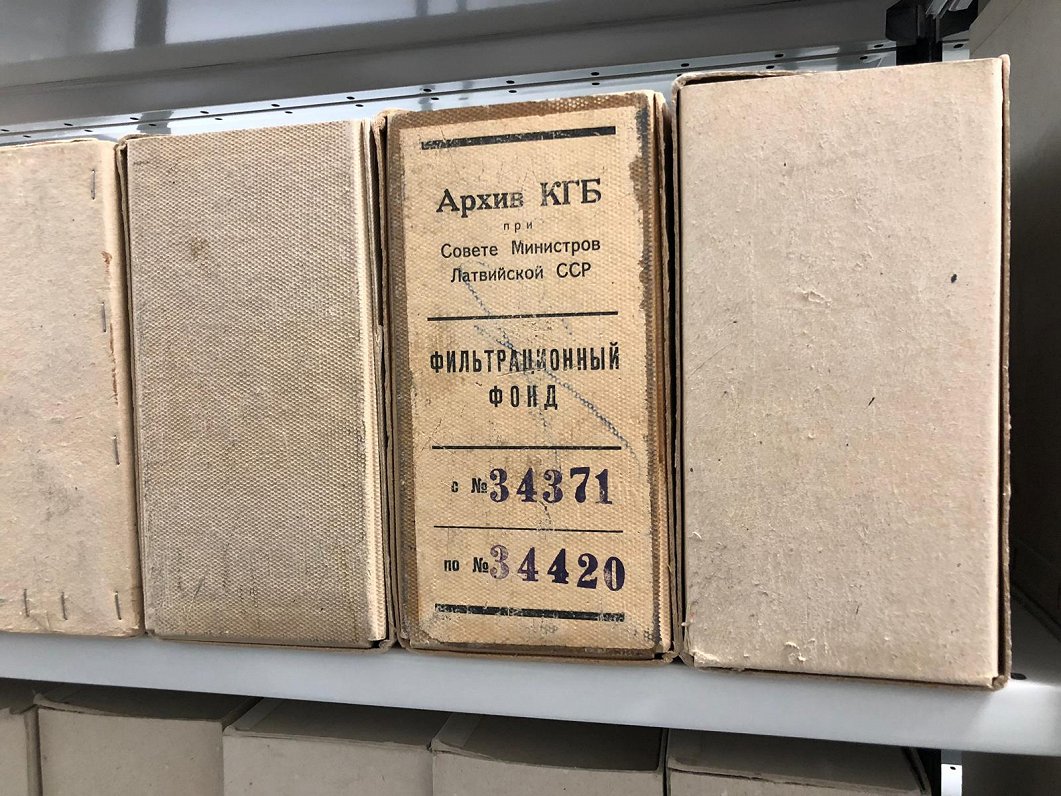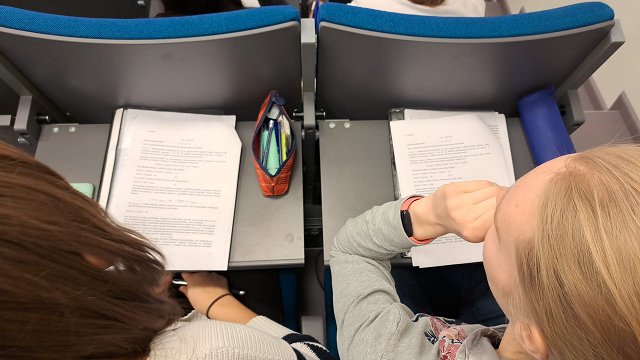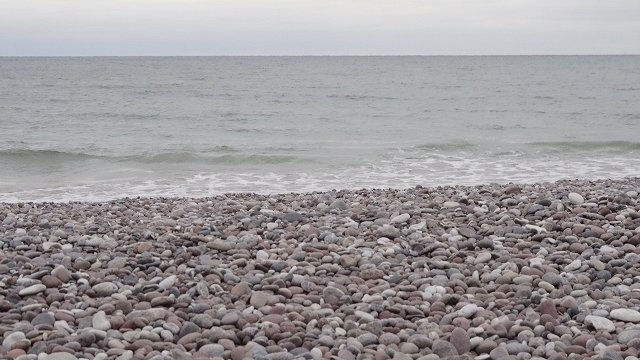Purviņa said that she did it after seeing a show by journalist Jānis Domburs where he probed the possible ties of other medics to the former Soviet secret service. Purviņa wanted to notify others that there's a card with Guntis Bahs' name as well.
"In this case we waited for quite a while that the professor will say something to vindicate himself, as in this case I think the university's reputation is being harmed. The ethics code of our university does stipulate that information on everyone should be open and honest. I was pushed over the edge by the fact that there are high-ranking people who have intimidated their colleagues, with the result that they can only speak indirectly and no one says anything publicly," Purviņa told Latvian Radio May 15.
Purviņa said she didn't intimate that the card refers to the RSU Vice-Rector, but nevertheless the next day she found out that Bahs had turned to the university's ethics committee over her Facebook post. This was confirmed by Baiba Mauriņa, chairwoman of the ethics committee and Vice-Dean at the Faculty of Pharmacy.
Meanwhile Bahs explained his actions thusly: "The [Facebook] post has a card attached with my name. There's a request for the RSU ethics committee to review whether Ms. Purviņa's opinion, which was voiced on social media and a priori makes someone guilty without court decisions or judgement on the situation, is an ethical or unethical step. We all know that in many cases these [KGB agent cards in the archive] have turned out to be misinformative and that the people [named] have not done anything of what's written down there," Bahs said.
Lawyer Arvīds Dravnieks who specializes in ethics questions said that while being named in the KGB archives does not on its own merit punishment, a situation in which someone who is named does not explain themselves to the public is unacceptable.
"If someone has a card like this, they should tell others how they were recruited, why they agreed to collaborate and what were their actions. And they have to tell this believably. This concerns an ethics violation by 'Arnolds', who has not believably explained the way collaboration took place or didn't. Ethics violations don't have a limitation period and a presumption of innocence. Ethics violations have a presumption of guilt. [...] It seems that Mr. Bahs doesn't have anyone to explain what mess he has gotten himself into. It is likely to end with him having to quit the university," said Dravnieks.
But Guntis Bahs wants a decision by the ethics committee and then, he said, could turn to court against his colleague.
RSU ethics committee head Baiba Mauriņa said the matter is to be reviewed Friday with both Bahs and Purviņa invited to participate.
She was asked whether having leading employees with possible KGB ties is not a threat to the university's reputation. "The most harm to the university's image is done by employees settling their disputes in public. That is the most painful matter in this case," said Mauriņa.
Late last year, the Latvian National Archives have published the first part of a document trove of the former Soviet secret police - the KGB - that was discovered at the time when the USSR collapsed.
Available at https://kgb.arhivi.lv/, the archive includes alphabetic and statistical card indexes, the dossiers of recruited KGB agents, the KGB employees' phonebooks, as well as materials on the Central Committee of the Communist Party of Soviet Latvia.
According to Latvia's state bulletin, the index spans some 4,300 out of about 25,000 KGB agents active in the period from 1953 to 1991, but mostly concerns agents active in the late 1980s.































